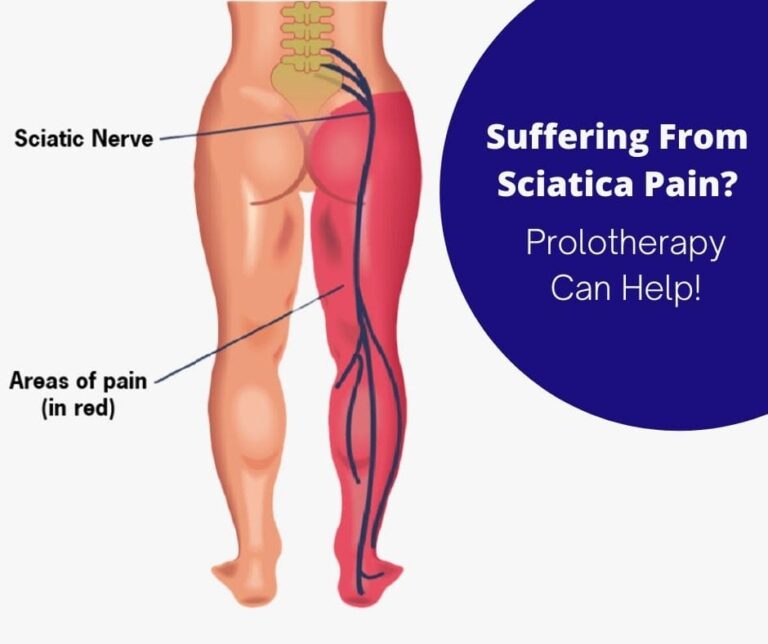Research Advances In Fibromyalgia: Promising Developments
Fibromyalgia, a complex and often misunderstood condition characterized by widespread musculoskeletal pain, fatigue, and cognitive difficulties, has long posed challenges for patients and healthcare providers alike. However, recent years have witnessed significant strides in research aimed at unraveling the mysteries surrounding fibromyalgia. Promising developments in various areas of study offer hope for improved understanding, diagnosis, and treatment of this debilitating condition.
To Know More About It Please Click Here
Biomarker Discovery
One of the most significant advancements in fibromyalgia research involves the identification of potential biomarkers associated with the condition. Biomarkers are measurable indicators that can provide insight into disease processes, aid in diagnosis, and facilitate the development of targeted treatments. Researchers have made progress in pinpointing biomarkers such as certain cytokines, neurotransmitters, and genetic markers that may be associated with fibromyalgia. These discoveries not only enhance our understanding of the underlying mechanisms but also hold promise for more accurate diagnostic tests and personalized treatment approaches.
Neuroimaging Studies
Advanced neuroimaging techniques, including functional magnetic resonance imaging (fMRI) and positron emission tomography (PET), have shed light on the neural abnormalities underlying fibromyalgia. Studies have revealed alterations in brain regions involved in pain processing, sensory perception, and emotional regulation among individuals with fibromyalgia. By elucidating these neural pathways, researchers are gaining insights into the complex interplay between pain, cognition, and emotion in fibromyalgia. This knowledge paves the way for the development of targeted interventions aimed at modulating brain activity and alleviating symptoms.
Immunological Research
Emerging evidence suggests that dysregulation of the immune system may play a role in the pathogenesis of fibromyalgia. Immunological studies have identified abnormalities in cytokine levels, immune cell function, and inflammatory pathways in individuals with fibromyalgia. These findings not only contribute to our understanding of the condition’s underlying mechanisms but also open avenues for exploring immune-modulating therapies as potential treatment options. Immunomodulatory drugs, such as certain cytokine inhibitors and monoclonal antibodies, are currently being investigated for their efficacy in managing fibromyalgia symptoms.
Gut Microbiome Studies
The gut microbiome, composed of trillions of microorganisms residing in the gastrointestinal tract, has emerged as a novel area of interest in fibromyalgia research. Growing evidence suggests a potential link between alterations in the gut microbiota and fibromyalgia symptoms, including pain and fatigue. Studies have shown differences in the composition and diversity of gut bacteria in individuals with fibromyalgia compared to healthy controls. Moreover, preclinical research in animal models has demonstrated the influence of gut microbiota on pain sensitivity and central nervous system function. These findings highlight the intricate relationship between the gut-brain axis and fibromyalgia and raise the possibility of targeting the microbiome as a therapeutic approach.
Conclusion
The landscape of fibromyalgia research is evolving rapidly, driven by advancements in various scientific disciplines. From biomarker discovery and neuroimaging studies to immunological investigations and gut microbiome research, interdisciplinary efforts are unraveling the complexities of fibromyalgia and offering new avenues for diagnosis and treatment. While challenges remain, the promising developments outlined in this article inspire optimism for the future of fibromyalgia management and pave the way for improved outcomes and quality of life for individuals living with this condition.
Also, Follow us on Instagram







